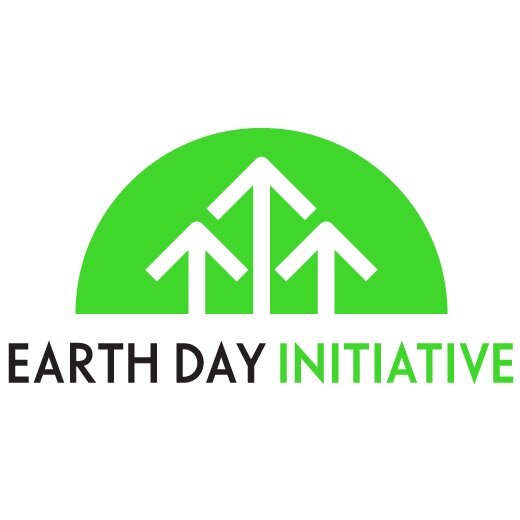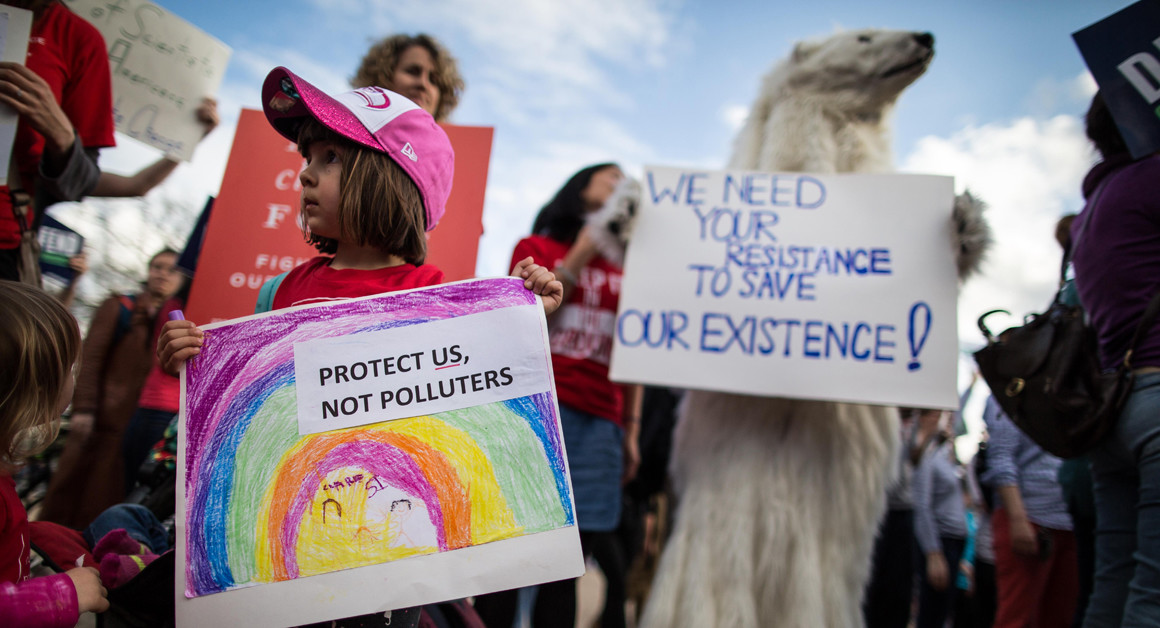Most people want to maximize their positive impacts while minimizing their negative ones. The problem often is that it can be confusing and overwhelming to determine how to do either, especially when it comes to things that feel out of your control, like your electricity supply or the financial system. However, there are some great and simple ways to opt out of the fossil fuel industry and support more sustainable options. For example, switching over to renewable energy on your electricity bill can take a matter of minutes and save you money.
Divesting: Small
When it comes to your own financial decisions, there are also some relatively easy ways you can make a divestment of your own to stop supporting fossil fuels. Whether you’re dealing with your credit cards or your checking and savings, move your money to an institution that is doing good rather than further financing the climate crisis.
As a rough rule of thumb, local credit unions are not-for-profit and in many cases have a mandate to do good for the community. You can find a list of credit unions here. There are also some banks that are not investing in fossil fuels, including Amalgamated Bank, Aspiration Bank, and Beneficial State Bank. If you have a question about your current financial institution’s investments, just ask. Ask them if they invest in fossil fuels. The person you’re asking might not know off the top of their head, but they should be able to get back to you with a simple yes or no.
Divesting: Medium
Don’t forget about your mortgage. A mortgage is one of the largest financial transactions a person is likely to be a part of over the course of their lifetime. So when you go to purchase a home, use a financial institution that is part of the solution. Think about this with any kind of loan you might be getting from a car loan to a new business loan.
Divesting: Large
You can also have an impact when it comes to the financial decisions being made by the institutions you’re connected to. Whether it’s the educational institutions you attended or the city you live in, you can raise your voice for those organizations to stop investing in fossil fuels and start fully investing in renewable energy and sustainable systems. Our Executive Director, John Oppermann, has helped out with the Harvard Forward campaign, an effort to elect candidates to Harvard University’s Board of Overseers who support divestment from fossil fuels, a switch to more responsible investing, and more inclusive governance. The campaign aims to bring about change through the voting process. Only 12 percent of eligible voters for the University’s Board of Overseers voted in the last election. So if people just spoke up, we could very likely bring about the change we want to see. Whether it’s a university board or a neighborhood association, there are thousands of small community-based elections where we can raise our voices to divest from fossil fuels and support a swift transition to more sustainable systems.
The Bottom Line: Speak Up
Whether you’re switching back accounts, getting a mortgage, or voting for your community board, the critical thing is to communicate. Tell the organizations you’re interacting with why you’re making the decisions you’re making. If you’re leaving a bank, just let them know that it’s because of their investment in fossil fuels that you’re making that decision. Tell your new bank that it’s the fact that they don’t invest in fossil fuels that you’re choosing them. And tell your alma mater that you want them to be part of the solution.
Your communication doesn’t have to be complicated. It doesn’t have to be long. The important thing is just to communicate. Just tell these institutions in one or two sentences that climate action is something you care about and you’re going to put your money where your mouth is. People are reluctant to talk about climate change for a wide variety of reasons, which means there’s a spiral of silence about this critically important issue that so many of us care deeply about.
Be a climate communicator in whatever you do.











